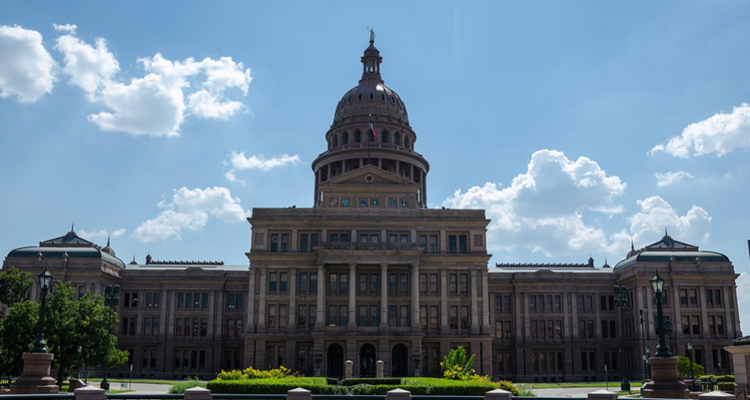Texas Representative, Joe Deshotel, filed a bill earlier in the month to see the state build casinos along the cost to help provide much-needed funds for windstorm insurance as well as flooding assistance for residents. The bill was filed on December 7th and if passed into law, would create tax licensed casinos, with revenues going to cover the cost of the Texas Insurance Agency.
Creating Revenues:
The measure places the state Lottery Commission as the regulator, with the power to authorize six licensing for casino gaming in six counties located in coastal areas of the state. The casino revenues would see 18% paid in gaming tax. A portion of the money would go towards the Texas Insurance Agency for windstorm assistance, to help ensure capital is there to cover insured deficits as well as expenses for operations.

According to apnews.com…
Rep. Deshotel commented that he anticipates opposition towards his measure in the next session. The Rep. stated: “It’s something we should do regardless of whether the funds are dedicated to those issues. (windstorm insurance/flooding assistance). Every bordering state to Texas has legalized gambling. We lose millions of dollars in potential tax revenue to those areas. We have the consequences of gambling, but none of the positives.”
Assisting in Needed Areas:
This is not the first time that Deshotel has proposed a bill involving casinos. In 2015, he filed a bill similar to this one, that did not move forward. This time around, Deshotel decided to add a portion of the tax going towards flooding assistance to help when such natural disasters occur such as Hurricane Harvey.
The Representative pointed out that like the lottery helps public education, the casinos along the coasts could help with the problem of windstorm, something that is paid disproportionately by the counties along the coast.
A proposal was created earlier in the year to raise taxes for residents and commercial properties by 10% to help subsidize the assistance needed for windstorm, but Governor Greg Abbott blocked the proposal. The next legislative session will begin on January 8th, so we will see if the bill manages to move forward or if it does not gain the support needed to continue.


